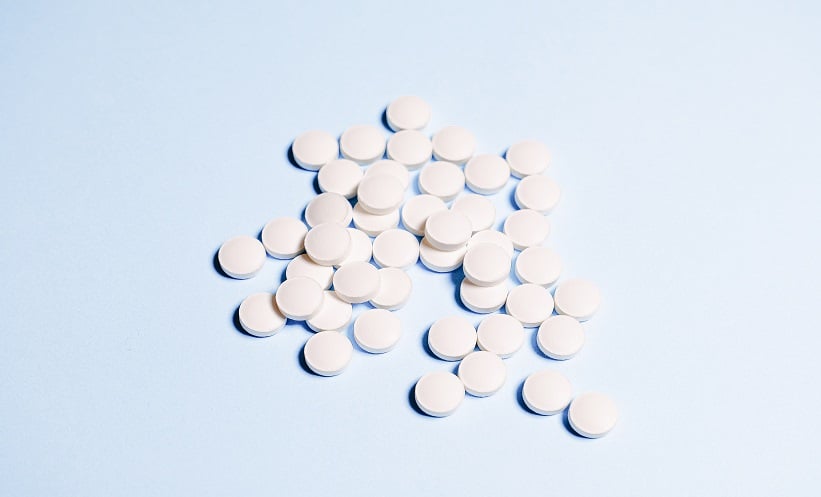LOW-dose aspirin (100 mg daily) among older adults aged 65 or over is associated with a 15% lower risk of developing Type 2 diabetes, according to new research from the School of Public Health and Preventive Medicine, Monash University, Melbourne, Australia.
The research team therefore suggest that anti-inflammatory agents, such as aspirin, warrant further study in the prevention of diabetes. The current study investigated the randomised treatment effect of low-dose aspirin on incident diabetes and fasting plasma glucose (FPG) levels among older adults.
The research team carried out a follow-up study of the ASPREE trial, a double blind, placebo-controlled trial of aspirin. The study enrolled individuals aged 65 or over who were free of cardiovascular disease, independence-limiting physical disability, and dementia. Patients with diabetes at the start of the trial were also excluded. Included patients were randomised to 100 mg daily aspirin or placebo in a 1:1 ratio, with incident diabetes defined as a self-report of diabetes, commencement of glucose lowering medication, and/or an FPG level of 7.0 mmol/L or higher at annual follow-up visits.
A total of 16,209 participants were included in the analysis, with a median follow-up of 4.7 years. Overall, 995 incident cases of diabetes were recorded, with 459 in the aspirin group and 536 in the placebo. The aspirin group therefore had a 15% reduction in incident diabetes, resulting in a decreased risk for developing diabetes (hazard ratio: 0.85; 95% confidence interval: 0.75–0.91; P=0.01), and a slower rate of increased FPG.
Overall, aspirin treatment reduced incident diabetes, and slowed the increase in FPG in initially healthy adults. The authors commented: “Given the increasing prevalence of Type 2 diabetes among older adults, the potential for anti-inflammatory agents like aspirin to prevent Type 2 diabetes, or improve glucose levels, needs further study.” However, they stressed that the findings should not change guidance regarding the use of aspirin in older adults, and that aspirin should only be taken daily when there is a medical reason to do so, such as after a heart attack.








